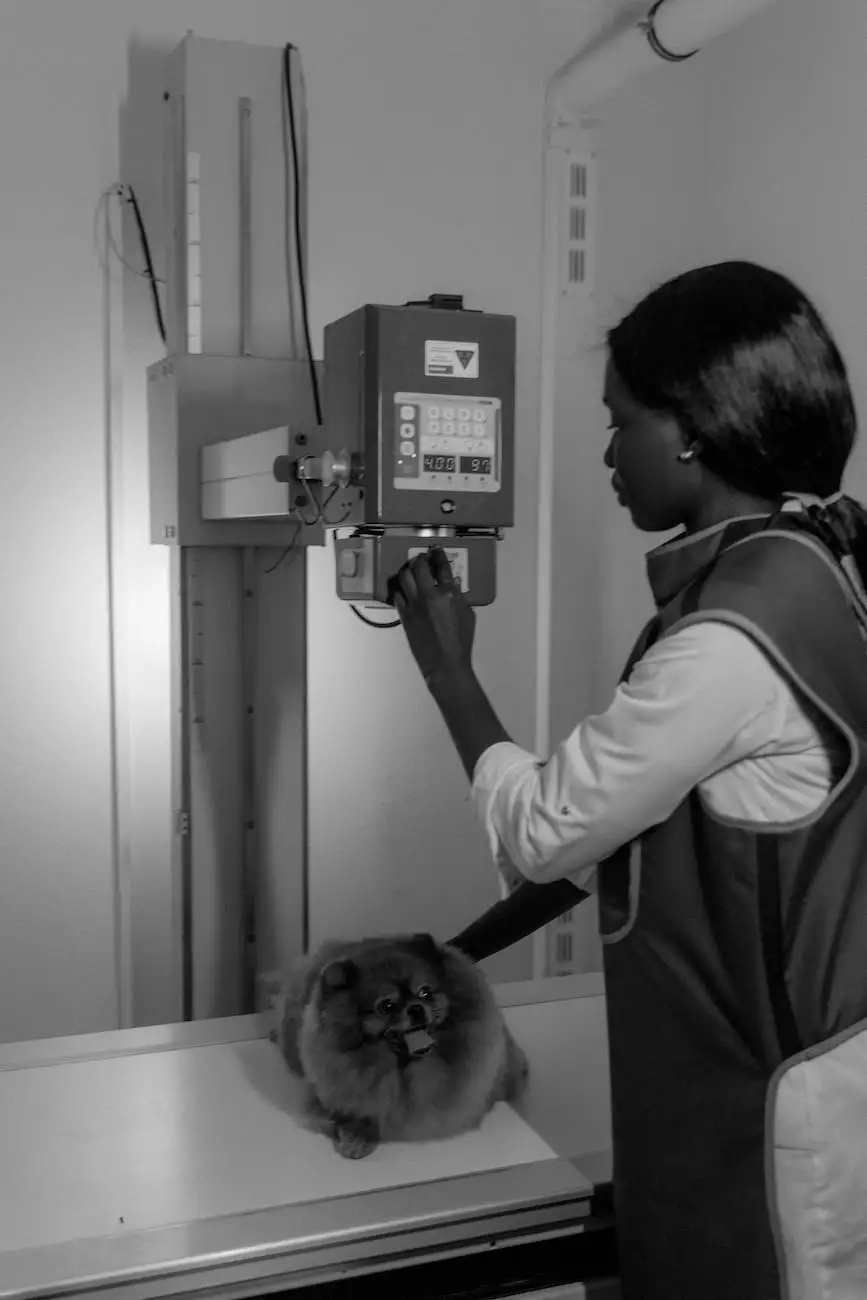Pet Dogs May Speed Human Brain Cancer Trials
Cancer Care
Introduction
Welcome to Bowling Orthopaedics, a prominent health provider committed to advancing medical research and improving patient outcomes. In this article, we delve into the intriguing world of pet dogs and their potential to accelerate human brain cancer trials.
The Link Between Pet Dogs and Human Brain Cancer Trials
Recent studies have shown promising evidence that pet dogs can play a crucial role in speeding up human brain cancer trials. These trials are of utmost importance in developing new treatment options, understanding the disease better, and ultimately saving lives.
Why Pet Dogs?
Scientists have observed that certain types of brain cancer, such as glioblastoma, spontaneously occur in dogs with a frequency and progression remarkably similar to humans. This coincidence has paved the way for collaborative research efforts between veterinary and medical professionals.
Understanding Glioblastoma
Glioblastoma is an aggressive form of brain cancer that affects both dogs and humans. It originates in the glial cells, which provide support and insulation to nerve cells within the brain. Glioblastoma spreads quickly and is challenging to treat effectively.
The Role of Dogs in Brain Cancer Research
By studying glioblastoma in dogs, researchers can gain valuable insights into the disease's behavior and progression. Dogs can serve as living models, allowing scientists to study the effectiveness of new treatments and therapies.
Advantages of Dog Model Studies
Utilizing pet dogs as models for human brain cancer trials offers numerous advantages over traditional laboratory studies:
- Realistic Tumor Environment: Dogs provide a more realistic tumor environment due to the similarities in tumor biology and cellular characteristics.
- Spontaneous Tumor Development: Unlike laboratory models, dogs develop glioblastoma spontaneously, resembling the natural progression observed in human patients.
- Parallel Research: Concurrently studying the disease in both dogs and humans enables researchers to compare treatment outcomes and identify effective therapies more efficiently.
- Patient-Focused Approach: The use of pet dogs in research facilitates a patient-centered approach, emphasizing the impact on overall quality of life and treatment outcomes rather than simply focusing on the disease itself.
- Accelerated Clinical Trials: With the help of canine models, human brain cancer trials can progress at an accelerated pace, potentially bringing life-saving treatments to patients faster.
Promising Research Initiatives
There are several ongoing research initiatives worldwide that harness the power of pet dogs to advance brain cancer research:
The Canine Comparative Oncology and Genomics Consortium (CCOGC)
CCOGC is an international collaborative effort between veterinary and medical professionals. It aims to explore similarities between cancers in humans and dogs, including brain cancer, with the goal of improving treatment strategies for both species.
Immunotherapeutic Approaches
Researchers are actively investigating immunotherapeutic approaches in canine models of glioblastoma. Early results have been promising, fueling hope for potential breakthroughs in human patients.
Identification of Novel Biomarkers
Another key focus of research is the identification of biomarkers that can aid in early detection and diagnosis of brain cancer. Dogs play a vital role in this aspect, as their naturally occurring tumors can help discover valuable biomarkers applicable to humans.
The Future of Brain Cancer Treatments
The collaboration between veterinary and medical professionals, alongside the use of pet dogs in brain cancer research, holds immense promise for the future of cancer treatments. As knowledge and understanding of the disease continue to grow, breakthroughs in targeted therapies, immunotherapies, and early detection methods are believed to be within reach.
Conclusion
At Bowling Orthopaedics, we recognize the significant potential pet dogs hold in accelerating human brain cancer trials. Our commitment to advancing medical research fuels our drive to explore innovative collaborative approaches for brighter treatment prospects. Stay informed and connected to be a part of this remarkable journey towards defeating brain cancer.




